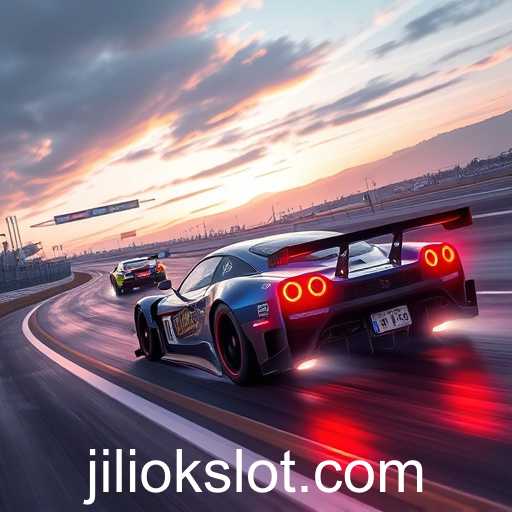Exploring the journey of racing games from their humble beginnings to today's hyper-realistic simulations, with a focus on the community and innovation surrounding the category, including 'jiliok'.
Racing games have long been a staple of the video gaming industry, captivating players with the thrill of speed and the rush of competition. From the early days of pixelated screens to the hyper-realistic simulations of today, the evolution of racing games offers a fascinating insight into the advancement of technology and game design. With 'jiliok' emerging as a prominent keyword in online discussions about racing games, it is clear that enthusiasts are seeking new layers of engagement within this iconic genre.
In the late 1970s, racing games like 'Gran Trak 10' and 'Night Driver' introduced players to the concept of driving simulators. Despite their rudimentary graphics, these games captured the essence of racing, paving the way for more sophisticated games in the decades that followed. By the 1980s, titles such as 'Pole Position' and 'Out Run' had set new benchmarks with improved graphics and engaging soundtracks, enhancing the immersive experience for players.
The launch of 'Super Mario Kart' in 1992 revolutionized the genre by popularizing kart racing games, incorporating charismatic characters, power-ups, and multiplayer modes that fostered a competitive yet light-hearted environment. This innovation was not only pivotal for the racing genre but also left a lasting impact across various other genres, influencing game mechanics and design philosophies.
In recent years, keywords like 'jiliok' have surfaced in forums and subreddits dedicated to racing games, pointing to a growing community trend. Such terms often relate to specific game strategies, insider knowledge, or sub-community inside jokes, reflecting the evolving language amongst gaming enthusiasts. This layer of social interaction enhances the community’s connectivity, promoting a shared culture that goes beyond mere gameplay.
With advancements in graphics, physics engines, and artificial intelligence, modern racing games like 'Forza Horizon' and 'Gran Turismo' offer breathtakingly realistic experiences. These games not only simulate the weight and handling of different vehicles but also replicate real-world weather conditions and terrains, offering a truly immersive experience.
As virtual reality continues to develop, the potential for even more immersive racing games is enormous. Imagine donning a VR headset and feeling as though you’re actually sitting in the driver’s seat, whipping around corners at breakneck speed. This futuristic prospect promises to redefine the player’s relationship with the game, blurring the lines between reality and simulation.
The narrative of racing games is one of innovation, community, and endless possibility. As technology evolves, the racing games genre will likely continue to surprise and fascinate players worldwide. With the rise of terms like 'jiliok', it is clear that both the community and the games themselves are driving toward a future full of excitement and new frontiers.




